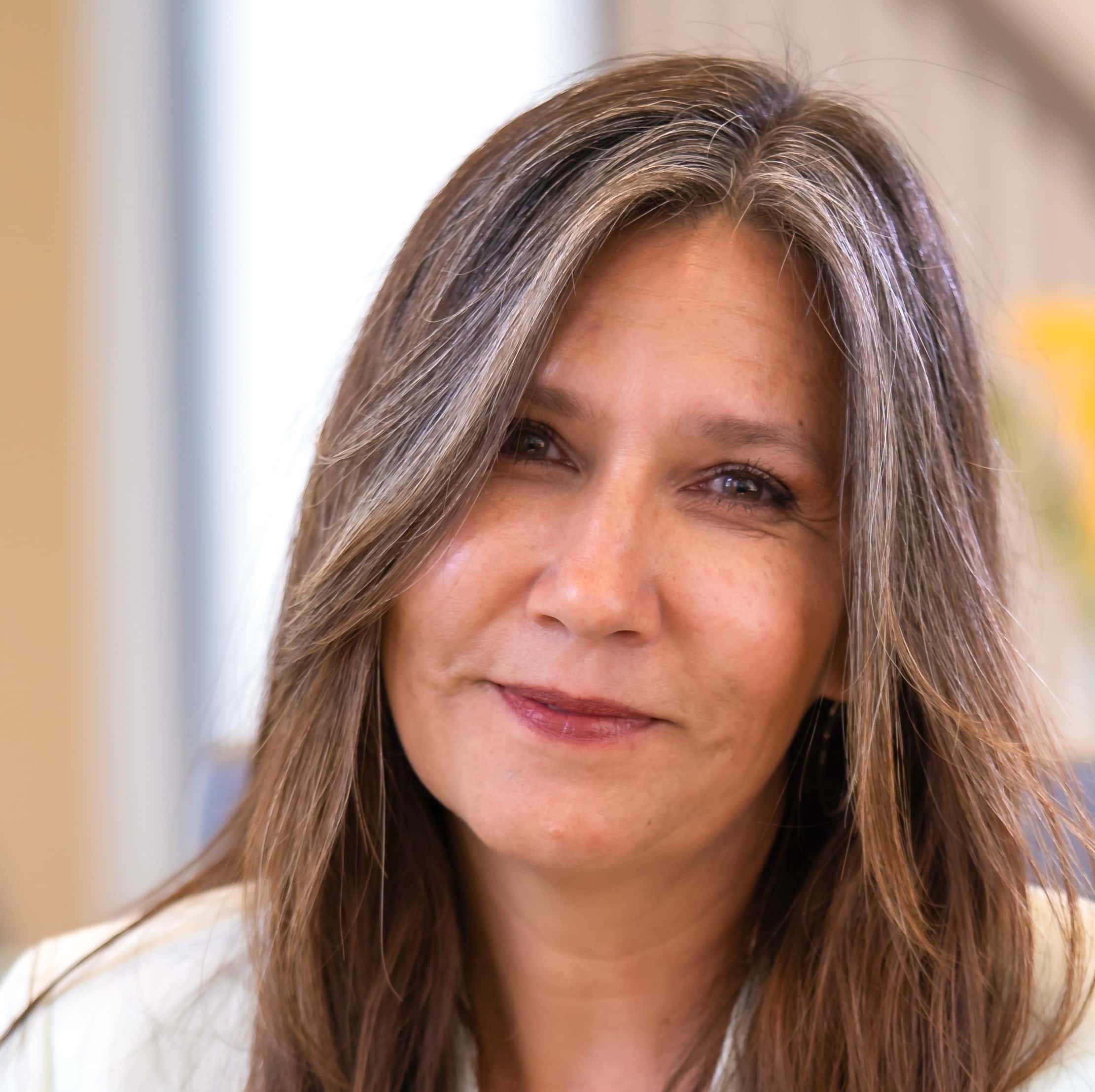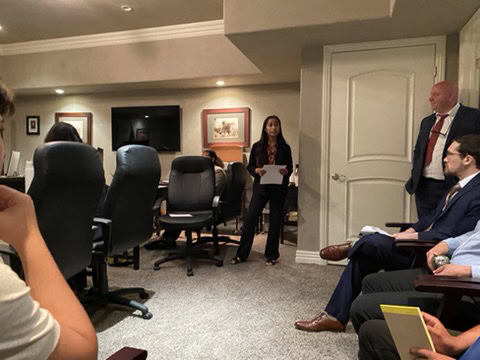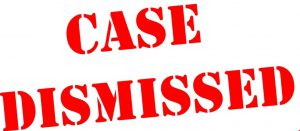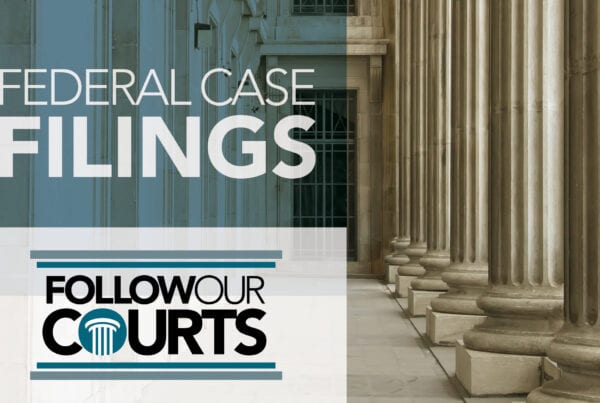As we approach Election Day, which is also the end of the window for early and mail-in voting, I spend a hunk of every day responding to people who have questions about voting for judges.
I love this.
It’s essential that people get information about judicial candidates. Judges have significant authority, and the spirit of our system of government is that the elected represent the values, priority and vision of the voters, so being informed in the voting booth matters.
At Follow Our Courts, we provide information about the candidates for every judicial race in Riverside and San Bernardino counties, and we give our subscribers a chance to get to know them through our candidate forums, but many readers ask me questions that are more about how the judicial process works, so I’ve been getting an education on this for the past few months.
Here is what I’ve learned.
Why are some seats filled by appointment and some by election?
All superior judge seats are elected positions. When a judge vacates a seat, usually by retirement, before their term is up, the governor selects someone to fill it until the term is up, at which point the judge must run for election to stay in office.
Who is eligible to be a judge?
Any attorney who has been a member of the State Bar of California and has been a practicing attorney in California for 10 years is eligible to be a judge in this state.
What seats can candidates run for?
An attorney may run against a sitting judge, but it rarely happens. Usually candidates are running for open seats.
How are appointees chosen?
Appointees are vetted extensively by the state’s Judicial Selection Advisory Committees, and also by the state bar.
In the Inland Empire, these are the JSAC members:
- Jack Clarke, Jr., Best Best & Krieger LLP
- Michael Fermin, San Bernardino County District Attorney’s Office
- Justice Richard Fields, California Court of Appeal, Fourth District
- Judge Chad Firetag, Riverside County Superior Court
- Steven Harmon, Riverside County Public Defender’s Office
- Eugene Kim, Stream Kim Hicks Wrage & Alfaro PC
- Judge Corey Lee, San Bernardino County Superior Court
- Judge Raquel Márquez, Riverside County Superior Court
- Judge Gilbert Ochoa, San Bernardino County Superior Court
- Judge Gail O’Rane, Riverside County Superior Court
- Justice Marsha Slough, California Court of Appeal, Fourth District 3
- Judge Burke Strunsky, Riverside County Superior Court
- Judge Sunshine Sykes, Riverside County Superior Court
- Retired Judge Sharon Waters, Riverside County Superior Court
How should voters decide whom to vote for?
Many people look to whether judicial candidates are tough on crime or have a prosecutorial or law enforcement background, but this is not a useful metric.
For one thing, most judges may not be assigned to criminal courts in the first few years, or ever.
A new judge will be assigned to a particular court by the presiding judge. They may take probate, adoption, mental health, family law or other cases, based on the best fit for the new judge’s temperament, experience and strengths.
And if a candidate campaigns on being tough on crime, the presiding judge may be unlikely to assign them to criminal court, because defense attorneys could make an argument against that judge’s propensity to fairness.
Voters may prefer to consider whether a candidate’s definition of justice matches their own, how well they understand the issues facing the courts, what their attitudes toward mentorship are, where they spent their volunteer time and whether they have demonstrated creativity in problem solving.
It’s also helpful to know who is endorsing and who is funding each campaign.
During election season, I am asked every single day what the candidates’ political affiliations are. People I don’t know have even hunted up my home phone number to ask this. “I just want to know which ones are Democrats and which are Republicans,” people say.
I answer that judges are nonpartisan seats. This is incredibly important for judicial independence.
What do people mean by ‘judicial independence?’
Judicial independence means that judges consider only the law and the evidence.
It means they do not consider public sentiment, politics or any other factor. It’s the key to a democracy.
A challenger is criticizing a sitting judge, who is not responding. Is this an admission of guilt?
No. The public should not assume silence is confession.
Judges are not permitted to say much in response to criticism. (Before 2018 they had no right of self-defense at all.)
After the recall of Judge Aaron Persky, the judicial canon was revised to allow judges narrow ability for self-defense against unjust criticism of their decisions. They are allowed to speak very generally and cannot get into the merits of the case.
“A judge shall not make any public comment about a pending or impending proceeding in any court, and shall not make any nonpublic comment that might substantially interfere with a fair trial or hearing…. In connection with a judicial election or recall campaign, this canon does not prohibit any judge from making a public comment about pending proceeding, provided (a) the comment would not reasonably be expected to affect the outcome or impair the fairness of the proceeding, and (b) the comment is about the procedural, factual or legal basis of a decision about which a judge has been criticized during the election or recall campaign.”
The California Code of Judicial Ethics Canon 3B(9)
The Commission on Judicial Performance watches judges to ensure they are following the code of judicial conduct. If they violate it in even a minor way, the commission will discipline with private admonishment, public censure or possibly removal from the bench.
Judges take this very seriously. It’s preferable for a third party to respond.
What if an incumbent is unopposed?
Unopposed incumbents do not appear on the ballot. They are considered re-elected when the election sites close.
What if I feel a sitting judge needs to go?
People can submit complaints about misconduct to the state. These are confidential, so the complainant is anonymous.
A representative of the California Judges Association, said in a presentation I attended on the importance of an independent judiciary that last year the state received 1,400 submissions.
She also said that state data show elected judges are disciplined at a far higher rate than appointed judges.
At a webinar I attended earlier this month, there was a judge advocating for the elimination of elections for judges. She said that anyone who has practiced here for 10 years is eligible to run for a judicial office with little to no vetting. Once in office, a judge is likely to stay.
I could not tell if the other experts on the panel agreed with her, but they did all express the opinion that the appointment process was so thorough that the public can feel good about trusting the results, regardless of who is serving as governor.
If you have questions for me or opinions to share as a letter to the editor, please feel free to reach out to me by email.
Thank you for valuing being an informed voter.








